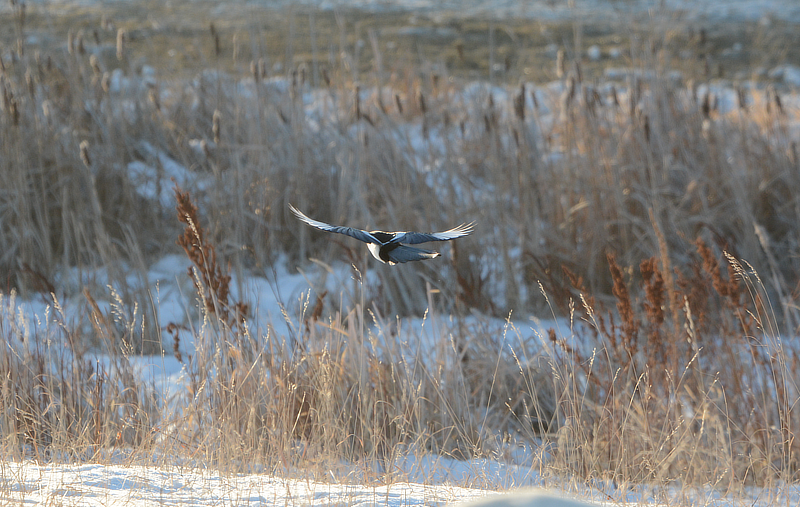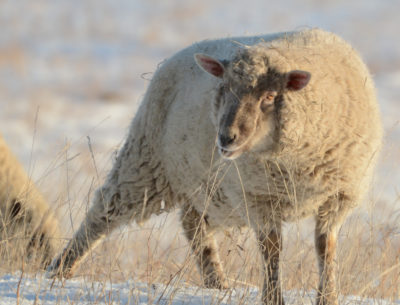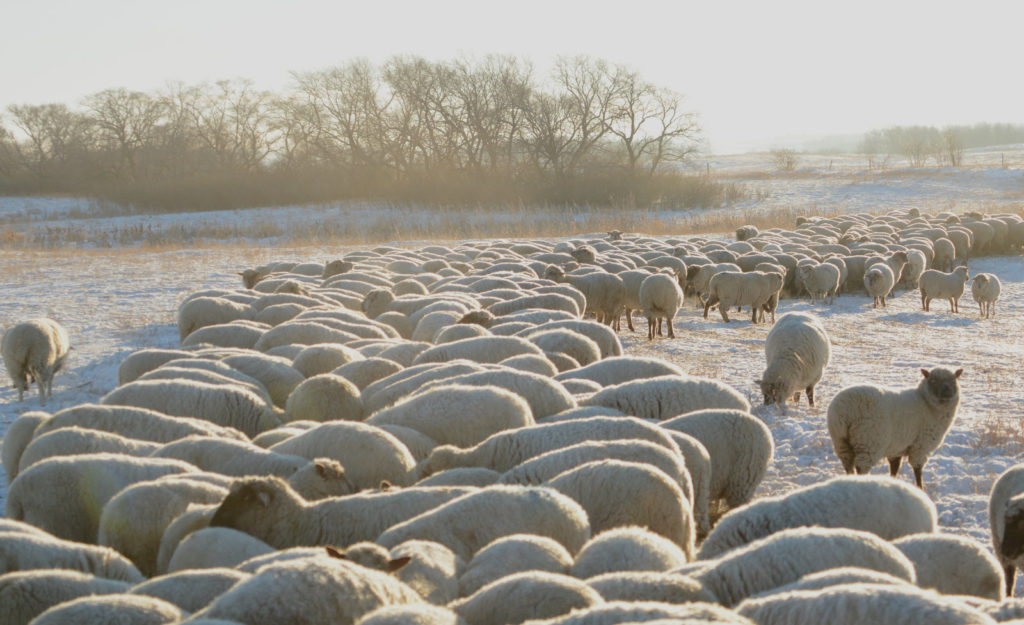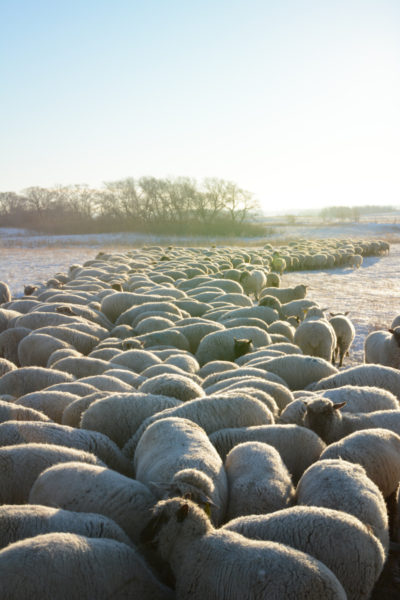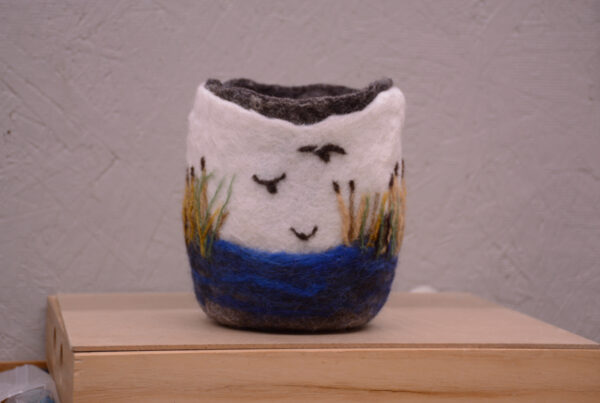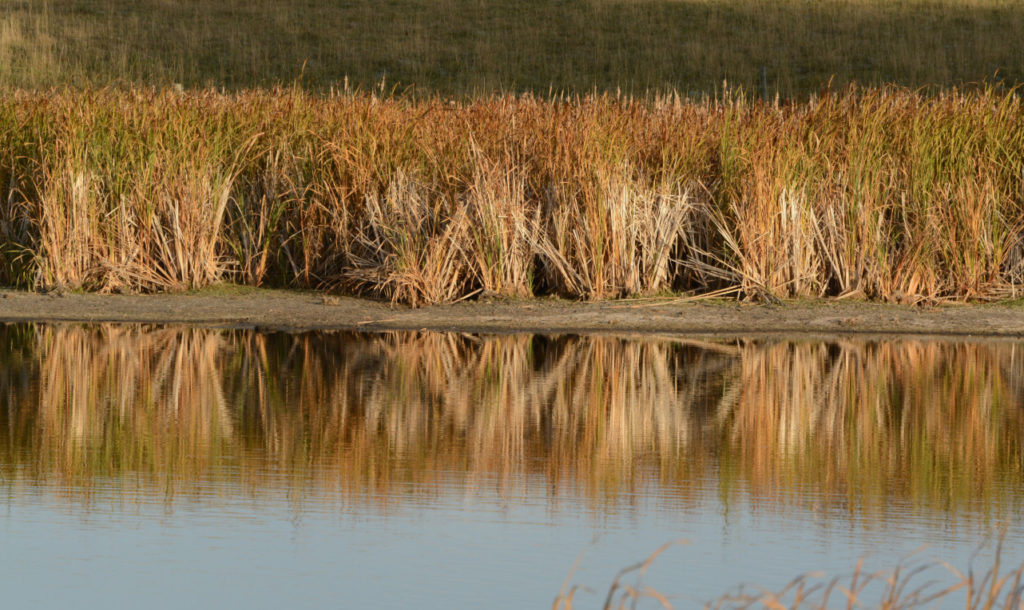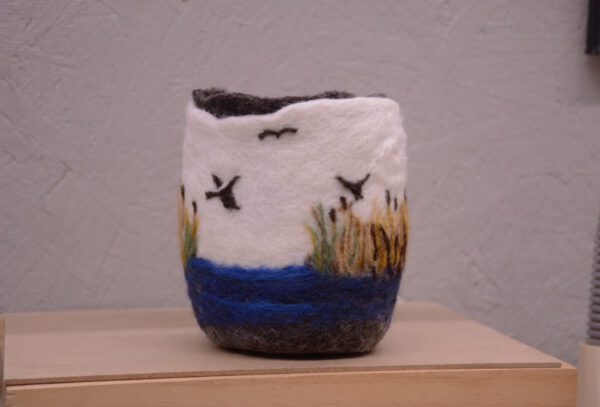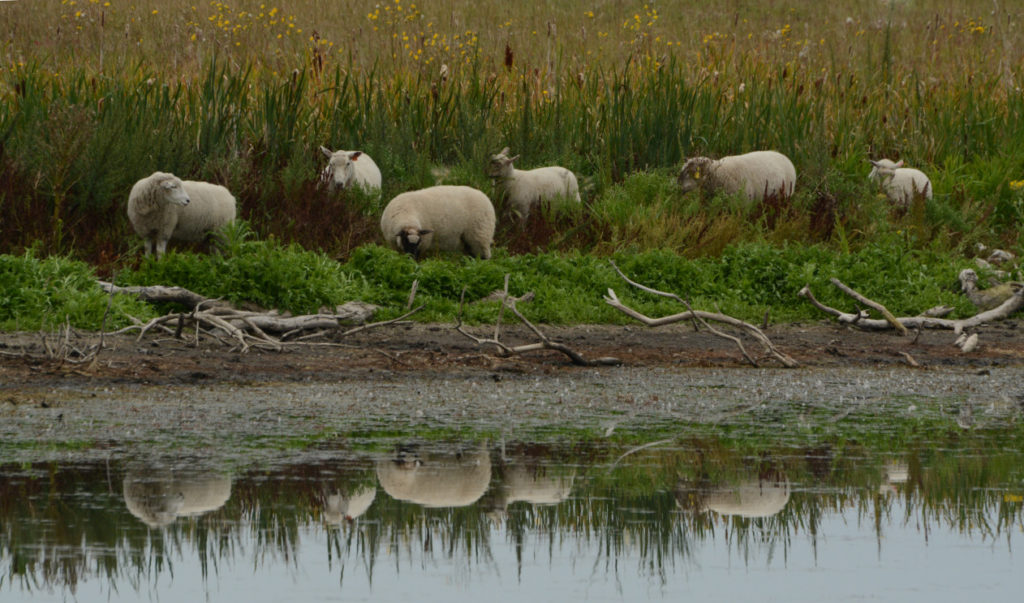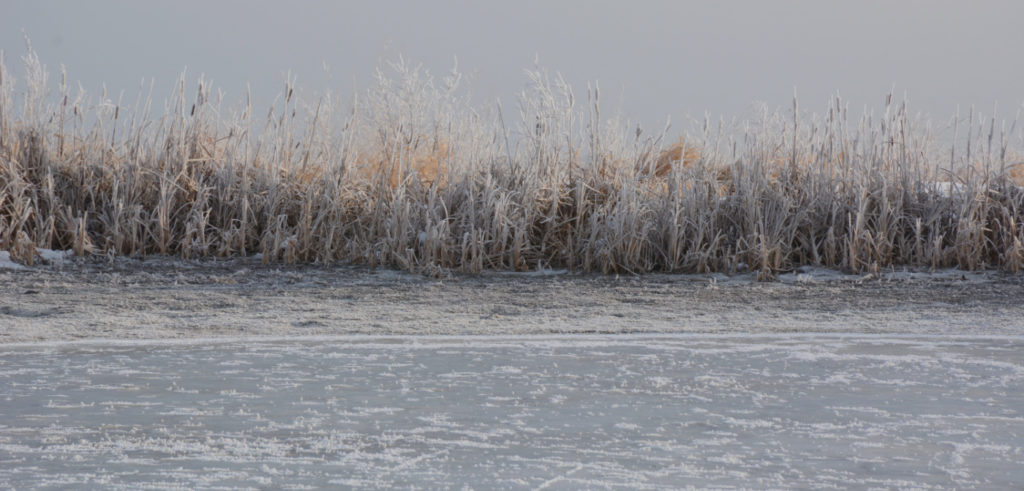Do We Love Nature?
An animal died yesterday. A runty lamb born last summer but never quite keeping up. And two weeks ago a ewe ended up cast in the tire tracks made from the tractor. We barely have enough snow to make a snowdrift and she tips onto her back in the depression of a tire track and cannot get herself back on her feet, therefore suffocates with the weight of her rumen pushing air from her lungs. Talk about bloody unfair, talk about a moment of hating sheep, of hating Mother N.
In this lifestyle I get so many chances to love nature, and to despise her. And I do both wholeheartedly. What is emerging now is an awareness, a small acceptance of nature as whole. That the good gains AND the ugly losses each build us up to be part of this whole – if we choose to be part of it.
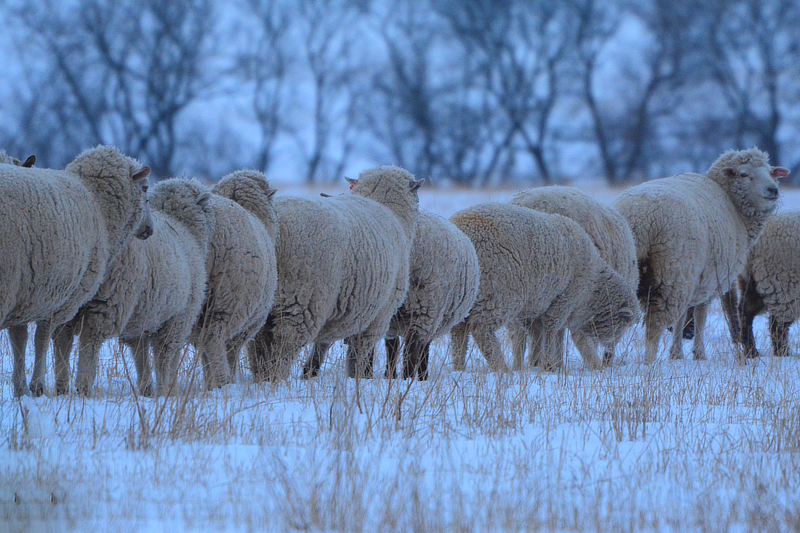
We tend to love nature in seasons, especially our favourite season.
We love nature when she’s easy on us.
We’re happy when there is calm lakes, rosy pink sunrises and brilliant orange sunsets.
We’re pleased when mother nature works with us and gives us a good year however we determine that to be.
We love nature when there is flow in our lives; we need nature to create that flow.
We need nature as a soul recharging station.
We’re fixated on a display of nature as a calm meditative state with pink sunrises as the backdrop.
In agriculture we love to tell a story of loving nature meanwhile treating it as a commodity that must meet our bottom line.
But nature is a seer and a lover of the whole. There is a totality to this, a sum of parts that is absolutely necessary for nature to exist. Parts that build and parts that tear down, parts that are bliss and parts that burn. No matter, every part contributes to the whole.
We don’t want to meditate on the ugly side of nature though, we’ll take just the good bits, thanks. We have forgotten that we are nature and therefore part of this whole, ready for it or not. We are shocked each time we discover there is guts and suffering on the other side of the sunset glory. We are shocked that we got no warning of what came about.
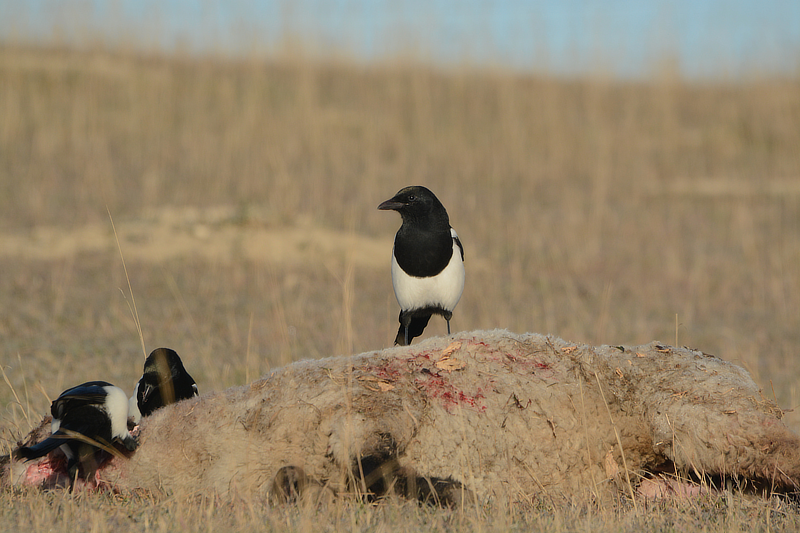
So do we really love nature and the natural of ourselves, or just the sunset story? My struggle and frustration over losses has not lessened, there is still deep hurt/anger/sadness with each experience. But growing alongside the emotions is a small nugget of wondering about the whole of it. If we are seeking to exist in this land and livestock life with nature alongside, and not just as commodity, then there is something deeper, something entirely natural, that we must reach for.
